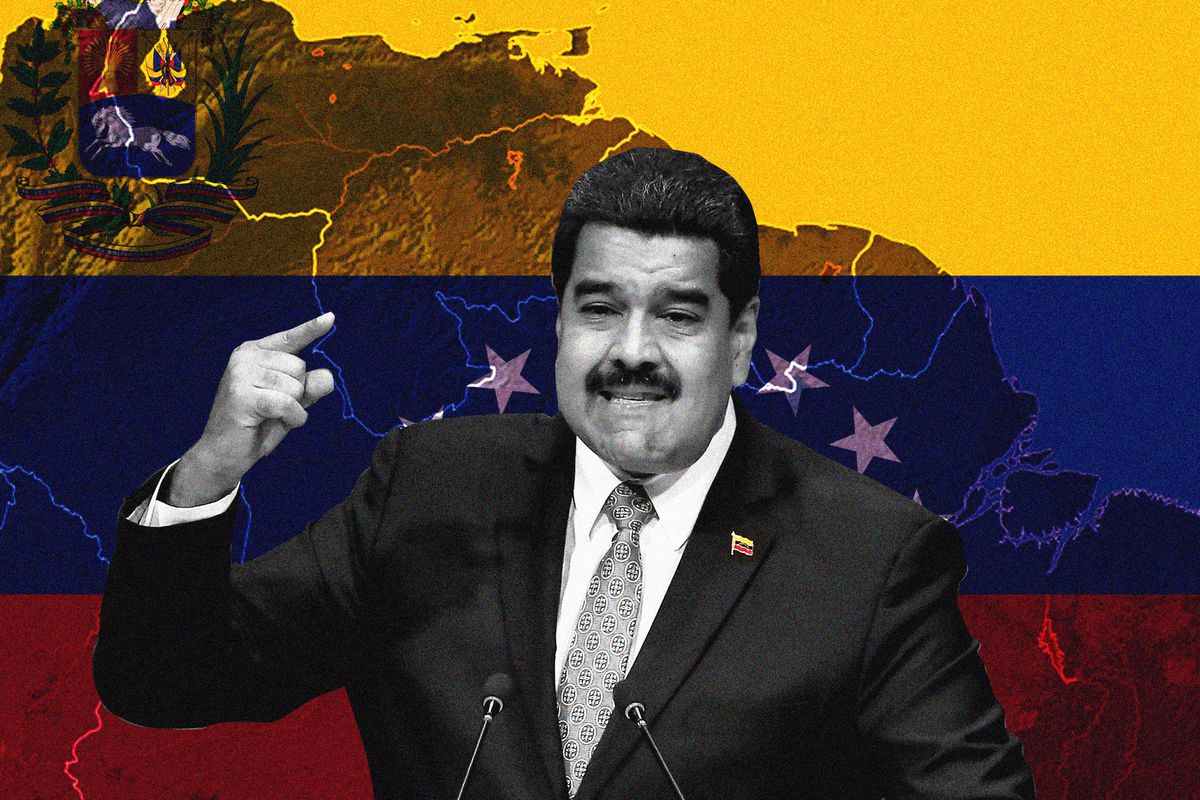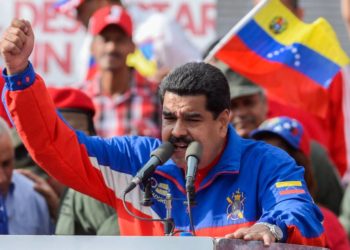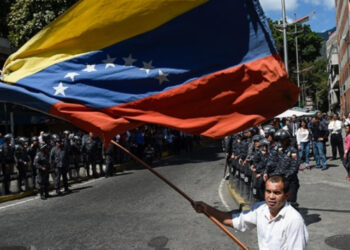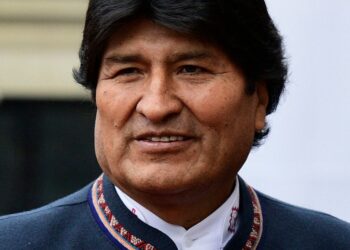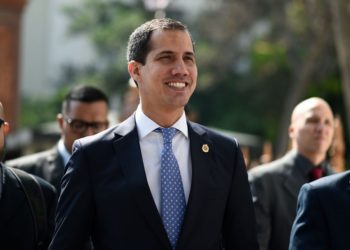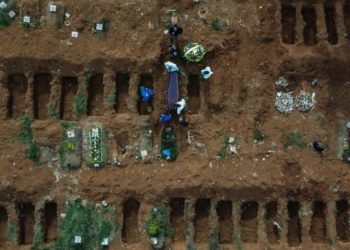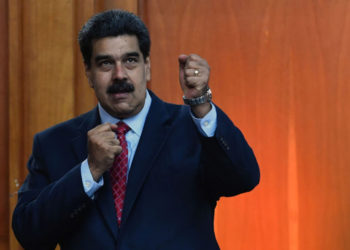A year ago, few could see crisis-beset Venezuelan President Nicolas Maduro being re-elected for a second term. But still, he clings to power, and, denouncing an “assassination” attempt Saturday, insisted he is “more determined than ever.”
“I am fine, I am alive, and after this attack I’m more determined than ever to follow the path of the revolution,” said the 55-year-old following an alleged attack with an explosive-laden drone as he gave a speech at a Caracas military parade.
He was unharmed, but according to the government, seven soldiers were injured.
A mysterious rebel group made up of Venezuelan civilians and military, which calls itself the “National Movement of Soldiers in Shirts,” on Saturday claimed responsibility for an “assassination” attempt.
Maduro accused neighboring Colombia and unidentified “financiers” in the United States of being behind the blast, while some of his officials blamed Venezuela’s opposition. Colombia and the United States denied any involvement.
“Justice! Maximum punishment! There will be no forgiveness!” Maduro fumed hours later.
NEW: Video released by Venezuela's state TV shows the moment Pres. Nicolas Maduro's bodyguards rushed to his side, shielding the leader with bulletproof blankets, as drones armed with explosives detonated near Maduro in Caracas Saturday. https://t.co/WmokAvkb9w pic.twitter.com/Xguoj3a3KH
— World News Tonight (@ABCWorldNews) August 5, 2018
In May, Maduro powered to another six-year mandate, giving him a stranglehold on the presidency until 2025.
That was despite presiding over the ruined economy of the oil-rich South American country, where food and medicine shortages are the norm, the IMF projects one million percent inflation this year, and protests in 2017 left 125 dead.
Maduro’s nearest challenger, Henri Falcon, took just over 22 percent of the vote — and said that he did not accept the final results. The election result was also not recognized by many in the internatioanl community.
Maduro, a former bus driver, union leader, and ex-foreign minister, never doubted that he would be re-elected in a vote that he himself moved forward from December to May.
Yet the president has struggled to gain respect as the legitimate successor to Hugo Chavez, who led Venezuela from 1999 until his death in 2013 and who anointed Maduro as his successor to perpetuate his own populist leftist ideology.
“His authority was born out of the legacy of Chavez, but now we have a different Maduro, who knows that he is strong and is more aggressive,” Felix Seijas, head of the polling agency Delphos, told AFP.
‘Not a Chavista’
Maduro’s first term in office was turbulent: the economic crisis, rising poverty and crime, violent street protests, international sanctions, and millions of Venezuelans fleeing their country.
“Five years ago I was a novice,” he said recently. “Now I am a standup Maduro, with battle experience, who has confronted the oligarchy and imperialism. I have arrived, stronger than ever.”
Maduro’s critics accuse the president — first elected by a razor-thin margin in 2013 — of grossly mismanaging the economy and becoming an all-powerful “dictator.”
To sideline the opposition and strengthen his grip on power, last year Maduro created a Constituent Assembly packed with loyalists that has authority over the opposition-controlled legislature, the National Assembly.
Chavez considered Maduro “a pure and hard revolutionary.” But some former Chavez supporters are skeptical.
“He is perhaps a Madurista, but not a Chavista,” Ana Elisa Osorio, a former minister under Chavez, told AFP.
Maduro claims he is “a democratic president” battling an “economic war” launched by the political right with U.S. support.
“He has been underestimated, not only by the opposition but also by a lot of Chavistas,” said Andres Canizalez, an expert in political communication.
“But he has benefited from mistakes by others, managing also to neutralize his adversaries” within the socialist movement in power since 1999.
‘Worker President’
Canizalez said that Maduro “went through a metamorphosis and these elections are the culmination of that process.”
Lacking the charm of Chavez, Maduro had tried to copy his predecessor with long daily TV appearances, using popular language and anti-imperialist rhetoric. But he has gradually begun to create his own image.
Describing himself as a “worker president,” the portly socialist leader with the thick black moustache drives a van, makes fun of his poor command of English, dances to salsa music and is ever-present on social media networks.
Passionate about baseball, he was a rock music guitarist in his youth.
Maduro often appears with his wife Cilia Flores, a former prosecutor. He is also the father of “Nicolasito,” a 27 year-old Constituent Assembly lawmaker born to his first marriage.
In a sign of his changing image, the president’s campaign slogan this year was “Everyone with Maduro, loyalty and the future.” In 2013, it was “Chavez forever, Maduro president.”


